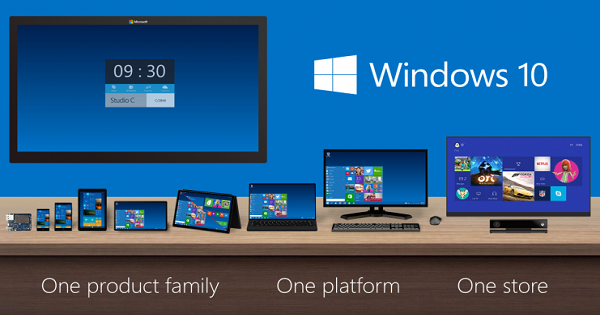Posted by : Cyber Freak
Monday, 3 December 2012
Indian government has stepped up the
process of allocation of the newest IP addresses, IPv6. But it’s not
just the allocation of the new addresses, but also the localization of
the process that’s going to further add efficiency to the whole process. Earlier, allocation of IPv6
was handled by an Australian internet-registrar, Asia Pacific Network
Information Center (APNIC, also an anagram for PANIC), who did not share
their database freely and in a timely fashion in the event of a
cybercrime.
The localization of IPv6 registry has
also been subsidized heavily by the government, with an address block
costing only Rs.21,999 as against the earlier AU$1180 (roughly Rs.
68,440). NIXI hopes that a much cheaper price point will help push the
adoption of the new IP system much faster.
The importance of switching to IPv6 is
quite significant in the war against cybercrime, which is definitely on
the rise in India. The current IP address system, IPv4 only allows
roughly 4 billion addresses, a number that was exhausted on February 3,
2011. What this has done is that it has allowed the allocation of one
address to multiple users, making it very difficult to track the source
of an attack. The address book of the IPv6 runs well
into trillions, so each device will eventually have a unique IP address,
making it very easy to track the source down.
- Back to Home »
- cyber , government , hackers , internet , social network , updates »
- Indian Government to Deploy IPv6 to Combat Cybercrime














